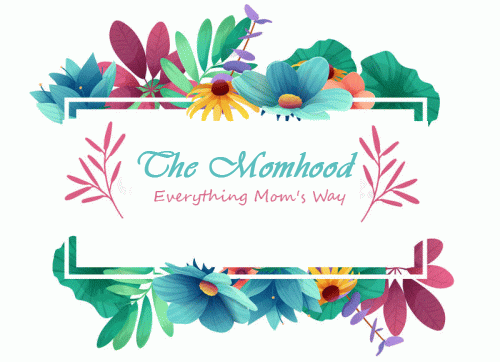Most waste material is generated from human or animal use, residential and commercial industries, and agriculture. To positively impact our environment we can all play our part by recycling. We can improve environmental sustainability and reduce the amount of landfill.
Recycled alternatives do not use as much energy and water resources as brand new products. While not everything can be recycled, we are here to give you a rundown of some common products that can be given a second life:
Where to Start?
If your waste material is from normal household usage then you can make yourself familiar with local council guidelines for recycling household waste. Certain items cannot be disposed of in kerbside bins.
For larger projects such as demolition, agricultural or industrial waste check that your contractor specialises in waste removal and recycling.
Materials suitable for recycling include construction and demolition material, clean unwaxed cardboard, glass bottles, paper, high-density polyethylene (HDPE) plastic bottles, aluminium cans, e-waste, and white goods.
Demolition and Construction Waste
Recyclable construction materials include concrete, steel, bricks, timber, metals, vegetation, plasterboard, rocks, soil, and rubble. You can choose a demolition company who has a focus on recycling these materials.
Concrete can be crushed and used for driveways and fill, timber can be re-milled and used as flooring or mulched for landscaping. Plasterboard is often crushed for improving clay soil and trees, and brush and green waste can be recycled for garden compost or mulch. Steel, aluminium, and copper can be sold as scrap metal or used to reinforce concrete.
Electrical and Electronic Waste
Before you throw away your old electronic devices remember that e-waste such as computers, phones, televisions, and other electronic devices usually contain hazardous materials like mercury.
Throwing the product into the bin will not only pollute the environment but you will be throwing away potentially reusable parts. Hazardous materials can be successfully removed by specialist recyclers before recovering the recyclable items such as metals, glass, and non-hazardous plastics.
Some of the materials in e-waste can be used as fibres in the construction industry.
Aluminium Cans
Aluminium cans are 100% recyclable and can be reused repeatedly. After being crushed the cans are melted in a furnace to make a liquid that is poured into moulds for making new products.
Your recycled can could become a new aluminium can, baking tin, foil, or a curtain rod!
Plastic
There are certain plastics which cannot be recycled and unfortunately will usually end up in landfill. Plastic bags, plastic lids, and medical plastic items cannot be recycled.
Polyethylene terephthalate (PET) plastic bottles can be reused time and time again. There are some great recycled products made from PET products including clothing, auto parts, carpets, construction materials, and many more items.
Cartons
Products such as milk, juice, cream, and custard, are often contained in cartons made from liquid paperboard (LPB). These have layers of plastic or a thin layer of aluminium foil. LPB is recycled for use in paper products or cardboard boxes.
Paper cups are recyclable and there is a popular new trend toward reusable coffee cups. However, takeaway coffee cups made with polystyrene, waxed cardboard, or plastic linings are not biodegradable or recyclable.
Organics and Food Waste
Biodegradable animal and plant-based materials, garden, and lawn clippings can all be used in compost. You can make your own compost heap for your garden or place these wastes in the appropriate kerbside council bin for collection.
Most councils send green garden waste to a composting facility. Completed compost is then marketed for household or commercial garden requirements.
Cardboard and Paper
Paper and cardboard are made from tree fibres and this is harmful to the tree population. Fortunately, we can preserve our forests by recycling paper and cardboard.
Cardboard can be made from recycled paper and can be reused repeatedly. It has been used to make different paper products, insulation material, and furniture.
Glass Bottles and Jars
Green, brown or clear glass bottles and jars can be recycled. After crushing and melting the glass is re-moulded into new glass products.
Ceramics are not officially recyclable but for the crafty person there are some creative ideas for mosaics.
Whitegoods
Whitegoods such as fridges, freezers, stoves, dishwashers, washing machines, and clothes dryers can be refurbished if they are still in good working order.
Alternatively, metal recyclers are skilled at shredding and recovering usable metal from these goods.


